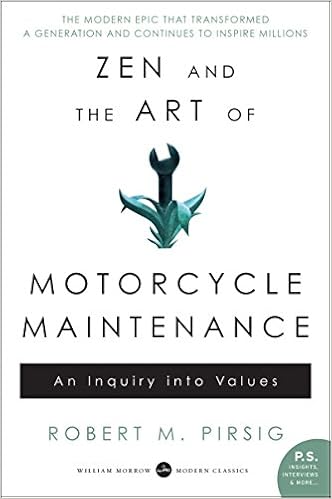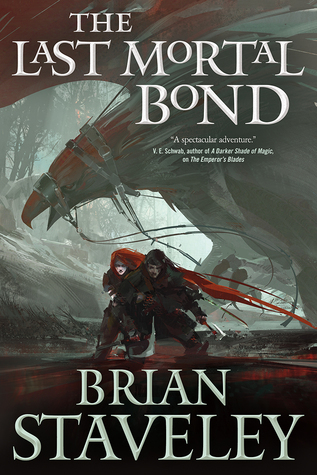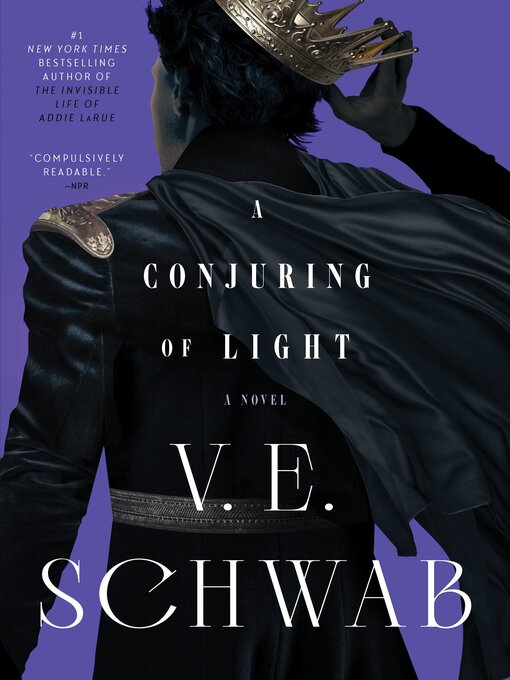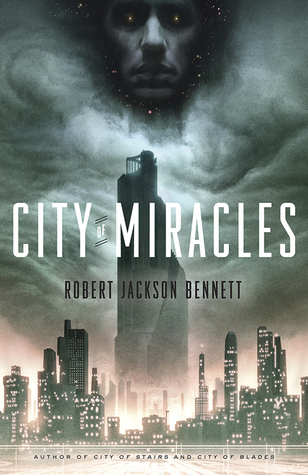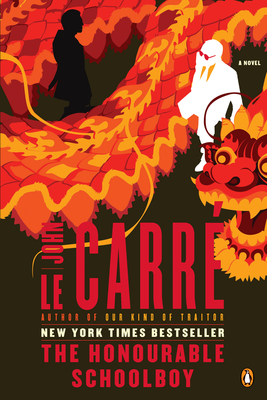is twofold: First, Fitz is in a very different set of circumstances, especially in the Farseer Trilogy, and second, Hobb enjoys passing the Idiot Ball around to her protagonists, so I start trying to tell the characters, "Hey, maybe communicate with one another about your plans," or, "Why are you letting the little girl hang out with you while you say everything," or, "Look, you don't have to give Regal all of the initiative here..." or "Chade, this secrecy is actually becoming counterproductive; the only people you seem to be keeping in the dark is Fitz and the reader."
As for the circumstances, while they are both characters who are ostensibly highborn, they come to adulthood by very different paths. Whatever issues Miles suffers because of his physical handicaps, he has the unstinting support of his parents, he's friends with the Emperor; he has the opportunity to choose his own path in life (and if he feels the pressure to live up to his father's status, it's pressure he puts on himself rather than what comes from the outside). It's a generally supportive and open environment in which he grew up, notwithstanding wider society's issues with physical deformities.
Fitz, on the other hand, after being more or less unceremoniously bestowed upon Buckkeep is then practically raised in the stables to the extent that he forms a particularly intense Wit-Bond with Nosy (only to be traumatized by that separation and harms the relationship with Burrich). Even once he has been recognized by King Shrewd, he's still a bastard. His role in life as an assassin (the training of which furthers his tendency for secrecy and isolation) has already been set for him—except that the guy who is supposed to be teaching him to use the Skill despises him, makes him believe that he has no talent for the Skill, and tells him to kill himself. Oh, and he falls in love but can't actually have the relationship in the open because the King wants a more politically astute marriage.
Is it any wonder that he is deeply repressed, socially and emotionally isolated in his relationships with humans, or that those characteristics are maladaptive when he's faced with perceiving the contours of a conspiracy? Plus, he's also saddled with allies who don't seem to be of much use in the short term—everyone seems to know that Regal is up to no good, but all spend several novels talking themselves into inaction or talking in circumlocutions.

